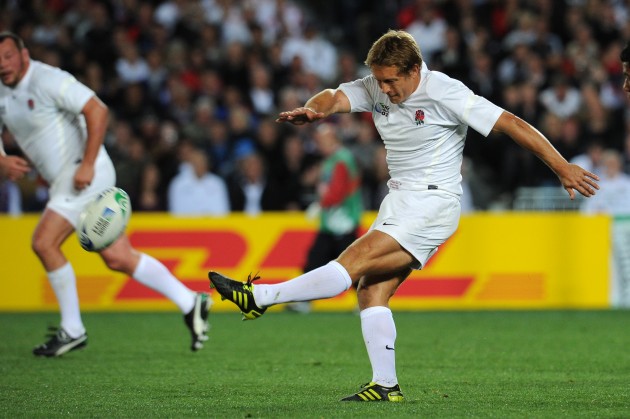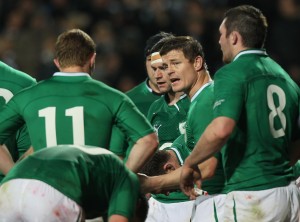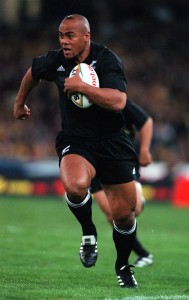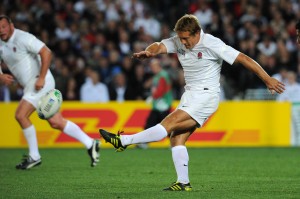By Owain Jones
WHEN PUTTING your name to any definitive list, you open yourself up to, at best healthy debate, at worst widespread ridicule, so when RW came up with the Icons calendar concept, we made sure blood, sweat and tears were expended narrowing down a list of 12 global superstars that we felt had the perfect mix of ability, charisma and sheer star quality.
Of course, omitting the likes of Joost van der Westhuizen, Dan Carter, Serge Blanco, Willie John McBride, Mike Gibson, David Campese or Gavin Hastings – we could go on, and on – was a wrench and will be sacrilege to many because, clearly, there are more than a dozen icons in the game that we hold close to our heart.
Our criteria was simple; an icon symbolizes an individual who has transcended the game by an act or deed, on or off the pitch.
For that reason, Jonah Lomu was the first name scribbled down. He was the world’s first global rugby superstar and the way, as a 19-year-old, he brutally dismantled Will Carling’s England in the semi-final of the 1995 Rugby World Cup, simply took the breath away.
Another moment in 1995, that set off a million flashbulbs around the world, came when Nelson Mandela handed the Webb Ellis Cup to Springbok captain Francois Piennar. It was a handshake that united the Rainbow Nation.
Far fresher in the memory is the world’s most successful international captain, Richie McCaw. The first man to win 100 Tests and the last captain to lift the World Cup. Throw in the fact that he’s probably the best openside the world has ever seen, and his legend only grows.
Australia has gifted us a plethora of incredible players but you know someone is pretty special when their nickname is ‘Nobody’ because ‘Nobody’s perfect’, so penalty-kicking lock John Eales, winner of two World Cups, makes the list.
Gareth Thomas is a pioneer, he was courageously the first player to come out as gay but his achievements on the pitch stand up to scrutiny. He was the first Welsh player to pass 100 caps, a Lions captain, a Grand Slam winner and Heineken Cup winner. You have to give it to ‘Alfie’, he walked the walk.
Someone who is already deified in many quarters is Brian O’Driscoll. O’Driscoll is the embodiment of an icon; humble, charismatic and someone who has achieved almost everything in the game; four Lions tours, a Grand Slam, a treble of Heineken Cups and is now fast-moving towards the most highly capped international of all time. O’Driscoll needs little introduction, just BOD.
Despite hanging up his boots in 35 years ago, Gareth Edwards is still revered as one of the greatest players ever to grace the game and is scorer of the most celebrated try in history for the Barbarians in 1973, while proud Scot Sir Ian McGeechan has done more than any one person to advance the Lions mythology.
We couldn’t leave our Gallic friends out, and for us, the sight of the fearless French openside Jean-Pierre Rives, blond locks flowing in the wing, shirt covered in blood at the Parc des Princes, exemplifies the unique attributes France have given the game. The same could be said of Fijian Prince, Waisele Serevi, a South Sea Islander with regal talents. Serevi’s individual brilliance not only helped Sevens develop into a global behemoth, but from 2016, an Olympic sport.
Finally, there’s the duo who will be etched forever into the consciousness of every England fan. Martin Johnson and Jonny Wilkinson. Captain and marksman played an integral part helping Sir Clive Woodward’s team became the first Northern Hemisphere team to lift the World Cup.
If you agree, or disagree, please join the debate on Twitter @Rugbyworldmag








